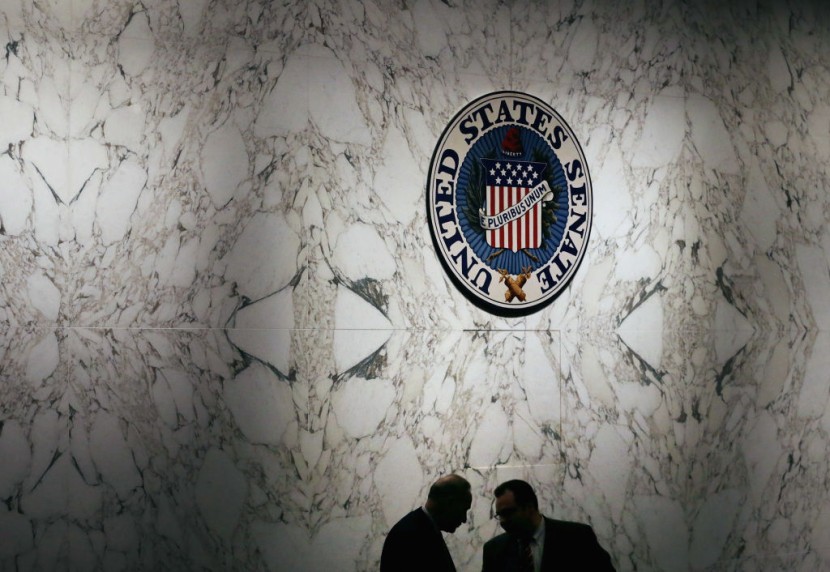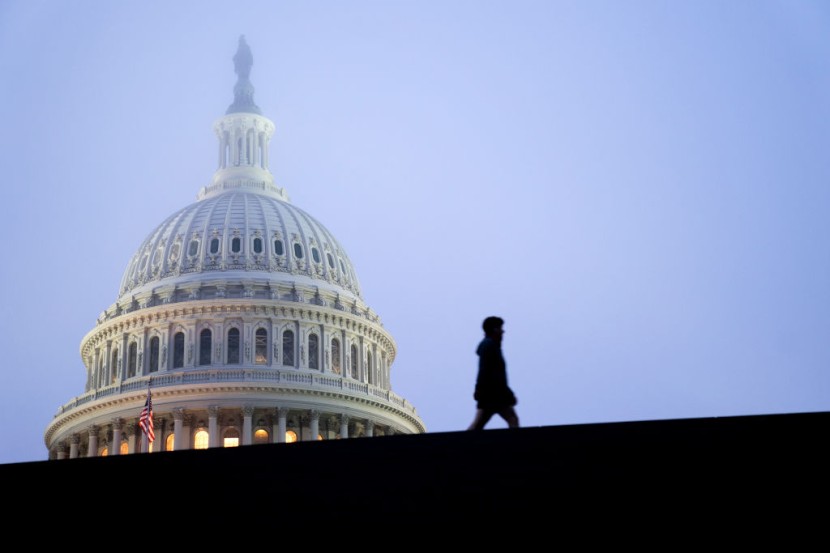The U.S. Senate introduced a short-term spending deal, which leaders believe could prevent the feared government shutdown.
However, experts said that there's no guarantee that the House will pass this bill into law. Here's what you need to know about the proposed stopgap bill.
US Senate Introduces Short-Term Spending Deal to Prevent Government Shutdown

According to CNN Politics, U.S. Senate leaders unveiled the new bipartisan stopgap bill, claiming this would keep the government from running out of money until Nov. 17.
If passed into law, it can also allow the $6.2 billion military aid for Ukraine. However, the funding for Ukraine could worsen tensions with the House.
This is because many conservative Republicans are against the U.S. government's effort to financially support the European country.
"We will continue to fund the government at present levels while maintaining our commitment to Ukraine's security and humanitarian needs," said Democratic Senate Majority leader Chuck Schumer.
Aside from this, Schumer also promised that they would not compromise the funding needed for those impacted by natural disasters across the country. This means that the stopgap bill also includes the $6 billion in financial aid for natural disaster victims.
But, House Speaker Kevin McCarthy opposed the inclusion of Ukraine military aid, saying that this budget should not be included in the short-term spending package. He explained that there should be a standalone legislation for the U.S. government's financial support for Ukraine.
"I don't quite understand when you have all these people across the country talking about the challenges happening in America today, that people would go and say, 'Oh we need to go and do Ukraine and ignore what's happening along our border,'" explained McCarthy.
Will The Stopgap Bill Be Approved?

France24 reported that the new stopgap bill was introduced by Schumer and Republican minority leader Mitch McConnell.
However, factions of House Republicans haven't confirmed that they will support the bill if passed in the Senate.
If this legislation is not approved, by Saturday, Sept. 30, the government shutdown will likely happen, leaving hundreds of thousands of federal employees without salaries.
McConnell said that shutting down the federal government just because of a domestic budget issue will not strengthen anyone's political position.
As of writing, the U.S. Senate scheduled an initial procedural vote on Tuesday, Oct. 3, to advance the Federal Aviation Administration re-authorization bill.
Experts said that the stopgap bill could be tacked onto the FAA bill since this legislation's authority to operate is expected to expire at the end of September.
© 2025 HNGN, All rights reserved. Do not reproduce without permission.








